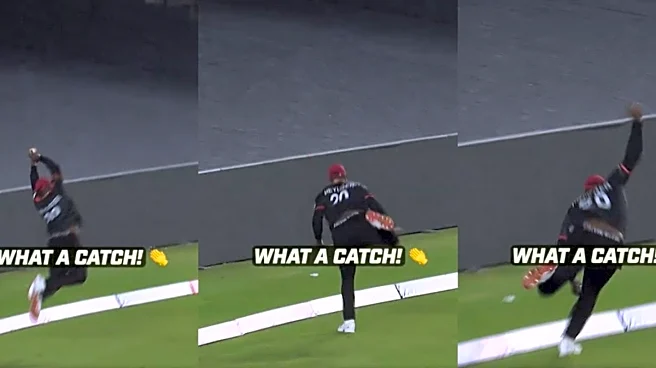If you are someone who loves brisk walking, beware! In Slovakia, you could soon be fined for power walking. The Slovak parliament recently approved an amendment that sets a 6 km/h speed limit on urban
sidewalks.
The average walking speed typically ranges between 4 and 5 km per hour. However, the British Heart Foundation reports that a pace of 6.4 kilometres per hour is considered moderate for someone with good physical condition.
But before you panic, the law, which comes into effect on January 1, 2026, is primarily aimed at improving pedestrian safety by controlling the speed of “cyclists, skaters, and scooter users on sidewalks.”
As per a report in Politico, “The main goal is to increase safety on sidewalks in light of the increasing number of collisions with scooter riders,” said the author of the amendment, Ľubomír Vážny of the leftist-populist Smer party of Prime Minister Robert Fico, which is part of the ruling coalition.
The amendment will be useful in proving violations, the lawmaker said, “especially in cases where it’s necessary to objectively determine whether they were moving faster than what’s considered an appropriate speed in areas meant primarily for pedestrians.”
Law Faces Criticism
Opposition lawmakers and the Slovak Interior Ministry called the rule “absurd,” arguing it penalises sustainable transport instead of improving infrastructure.
Martin Pekár, a lawmaker from the opposition liberal party Progressive Slovakia, said the measure targets the wrong issue. Pedestrians face danger from cars, not cyclists or scooters, and the amendment penalises sustainable transport.
“If we want fewer collisions, we need more safe bike lanes, not absurd limits that are physically impossible to follow. At the mentioned speed, a cyclist can hardly keep their balance,” Politico quoted Pekár as saying.
What Is The Actual Truth?
Since the rule went viral, social media in Slovakia lit up with claims that power walking could soon be punishable by law, but officials have now confirmed that isn’t the case.
Clarifying the same, police vice-president Rastislav Polakovič told Euractiv, “Several media outlets linked this 6 km/h speed measurement to pedestrians walking. I must point out that this is not true.”
The cyclist advocacy group, Cyklokoalícia (Cycling Coalition), nodded to the police’s statement, stating that the amendment “in no way restricts how fast pedestrians or runners may move, it doesn’t ban sprinting for the bus, nor does it introduce fines for walking too quickly.”
Instead, the NGO warned that the rule could unintentionally ban children under 10 from cycling on pavements.












